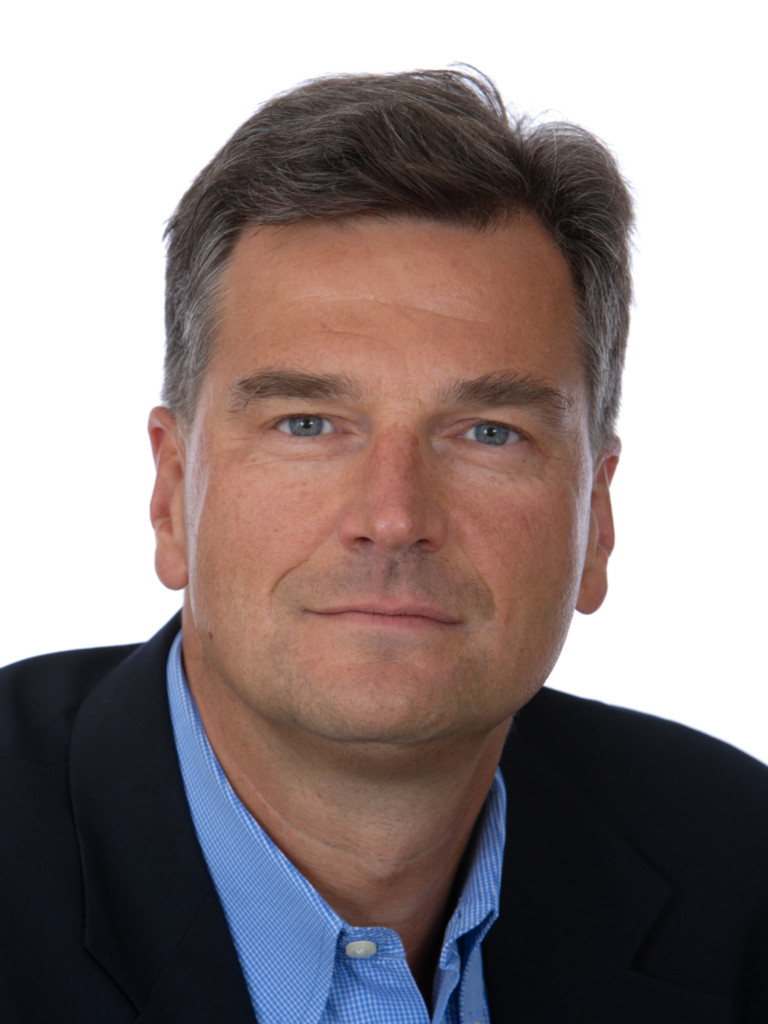
Stanford University
Bernd Girod
- 2021
- Jury
- Engineering & Technology
Bernd Girod is the Robert L. and Audrey S. Hancock Professor of Electrical Engineering at Stanford University, California. He also serves as Director of the Stanford Center for Image Systems Engineering (SCIEN), the Max Planck Center for Visual Computing and Communication, and as Founding Director Emeritus and now Chair of the Advisory Board of the David and Helen Gurley Brown Institute for Media Innovation, a bicoastal institute between Stanford and Columbia University in New York City. He was a Senior Associate Dean of the Stanford School of Engineering from 2012 to 2016. He received his M. S. degree in Electrical Engineering from Georgia Institute of Technology, in 1980 and his Doctoral degree from University of Hannover, Germany, in 1987. He joined Massachusetts Institute of Technology, Cambridge, MA, USA, and was an Assistant Professor at the MIT Media Laboratory until 1990. From 1990 to 1993, he was Professor of Computer Graphics and Technical Director of the Academy of Media Arts in Cologne, Germany, jointly appointed with the Computer Science Section of Cologne University. From 1993 until 1999, he held the Chair of Electrical Engineering / Telecommunications at University of Erlangen-Nuremberg, Germany, and was the Head of the Telecommunications Institute I and director of the Telecommunications Laboratory. He served as Chair of the Electrical Engineering Department from 1995 to 1997. Professor Girod’s research over the course of more than three decades has spanned a broad range of topics including image and video coding, networked media systems, and visual search. He has authored or co-authored one major text-book (printed in 3 languages), five monographs, and nearly 600 book chapters, journal articles and conference papers, and is a named inventor of over 25 US patents. He has been a member of the IEEE Image and Multidimensional Signal Processing Technical Committee from 1989 to 1997 and has served on the Editorial Boards for several journals in his field, among them as founding Associate Editor for the IEEE Transactions on Image Processing and Area Editor for Speech, Image, Video & Signal Processing of the IEEE Transactions on Communications. He has served on numerous conference committees, e.g., as Tutorial Chair of ICASSP-97 in Munich and again for ICIP-2000 in Vancouver, as General Chair of the 1998 IEEE Image and Multidimensional Signal Processing Workshop in Alpbach, Austria, as General Chair of the Visual Communication and Image Processing Conference (VCIP) in San Jose, CA, in 2001, and General Chair of Vision, Modeling, and Visualization (VMV) at Stanford, CA, in 2004, and General Co-Chair of ICIP-2008 in San Diego, of VCIP 2010 in China, and of the Packet Video Workshop 2013 in San Jose. For over 25 years, Professor Girod has worked with start-up ventures as founder, investor, director, or advisor. Most notably, he has been a co-founder and Chief Scientist of Vivo Software, Inc., Waltham, MA (1993-98); after Vivo's aquisition, 1998-2002, Chief Scientist of RealNetworks, Inc. (Nasdaq: RNWK). He has served on the Board of Directors for 8x8, Inc., Santa Clara, CA, (Nasdaq: EGHT) 1996-2004, and for GeoVantage, Inc., Swampscott, MA, 2000-2005. In 2007, he co-founded Dyyno, Inc. Palo Alto, CA. From 2004 to 2007, he also served as Chairman of the Steering Committee of the new Deutsche Telekom Laboratories at the Technical University of Berlin. He served on numerous advisory boards, and currently advises HearstLab, a corporate incubator for women-led startup companies in New York City. He has been a business angel for over two decades and part of the Scouts network of the venture capital firm Sequoia since 2009, investing in promising seed-stage companies. Professor Girod was elected Fellow of the IEEE in 1998 'for his contributions to the theory and practice of video communications' and a Fellow of EURASIP in 2008. He has been named 'Distinguished Lecturer' for the year 2002 by the IEEE Signal Processing Society. He received the EURASIP Signal Processing Best Paper Award in 2002, the IEEE Multimedia Communication Best Paper Award in 2007, the EURASIP Image Communication Best Paper Award in 2008, the EURASIP Signal Processing Most Cited Paper Award in 2008, as well as the EURASIP Technical Achievement Award in 2004 and the Technical Achievement Award of the IEEE Signal Processing Society in 2011. The German National Academy of Sciences (Leopoldina) inducted him as a member 2007. He was elected to the US National Academy of Engineering in 2015 for “For contributions to video compression, streaming, and multimedia systems.”